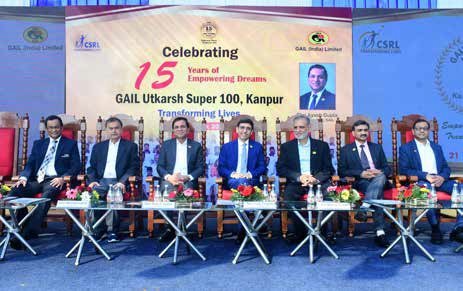
GAIL INDIA LTD. CELEBRATING 15 YEARS OF FLAGSHIP CSR PROJECT – ‘GAIL UTKARSH
In a world where opportunities often remain out of reach for the deserving, GAIL (India) Limited has taken a bold step to rewrite the narrative.


In a world where opportunities often remain out of reach for the deserving, GAIL (India) Limited has taken a bold step to rewrite the narrative.

Introduction With climate change and resource depletion dominating global concerns, schools have a crucial role in preparing students to face these challenges. One effective way
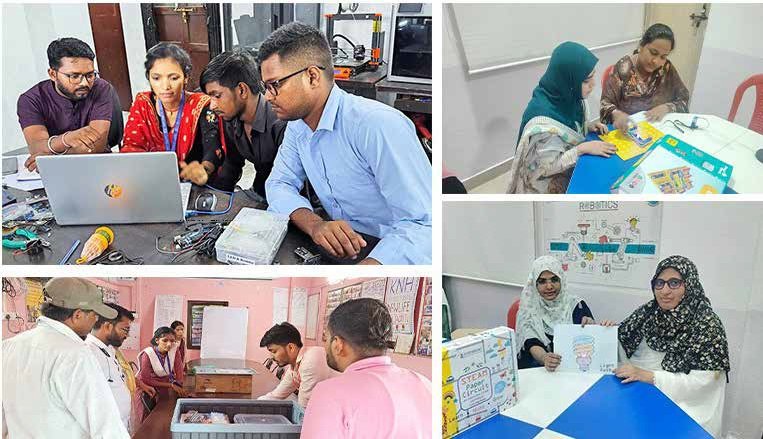
Imagine being denied the right to learn simply because of your circumstances or where you live. For Nara (*Name changed to protect identity) from Afghanistan,

Education is the cornerstone of a nation’s development, and in India, its transformative power is crucial to empowering millions of young minds. However, systemic challenges

Corporate social responsibility (CSR) is becoming more central to societal expectations from commercial organizations, and spending a certain percentage of corporate income on societal welfare
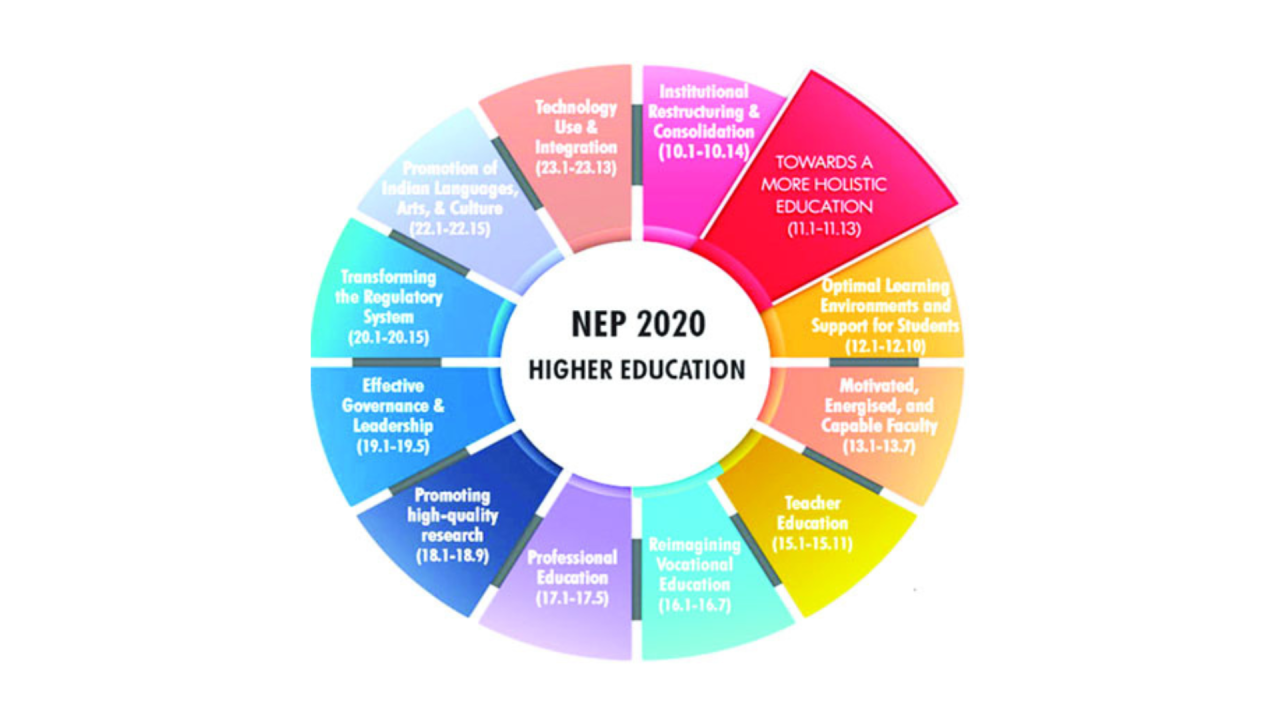
The National Education Policy (NEP) 2020 is a groundbreaking initiative aimed at transforming the educational landscape of India. Four years into its implementation, the policy
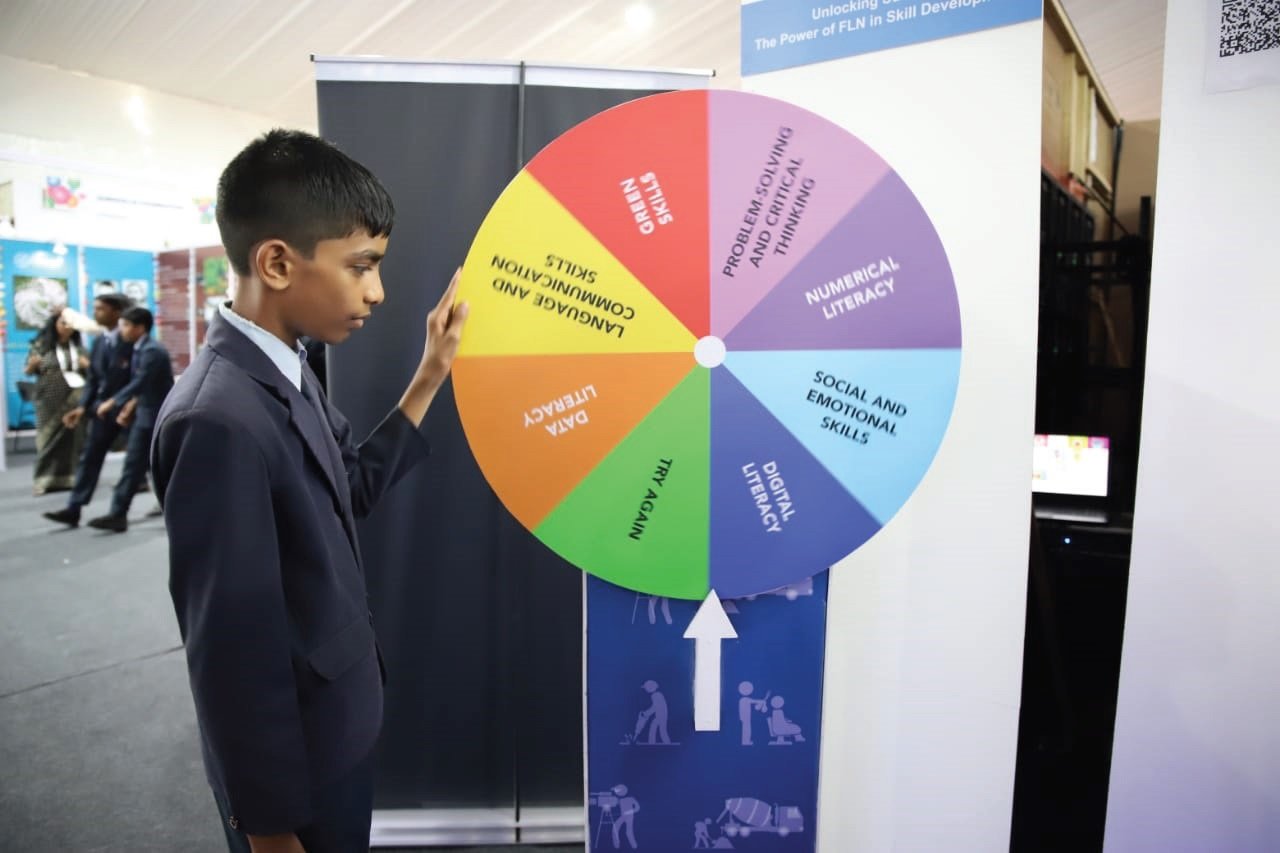
By 2030, the United Nations hopes that all countries should ensure all learners acquire the knowledge and skills needed to promote sustainable development, including, among
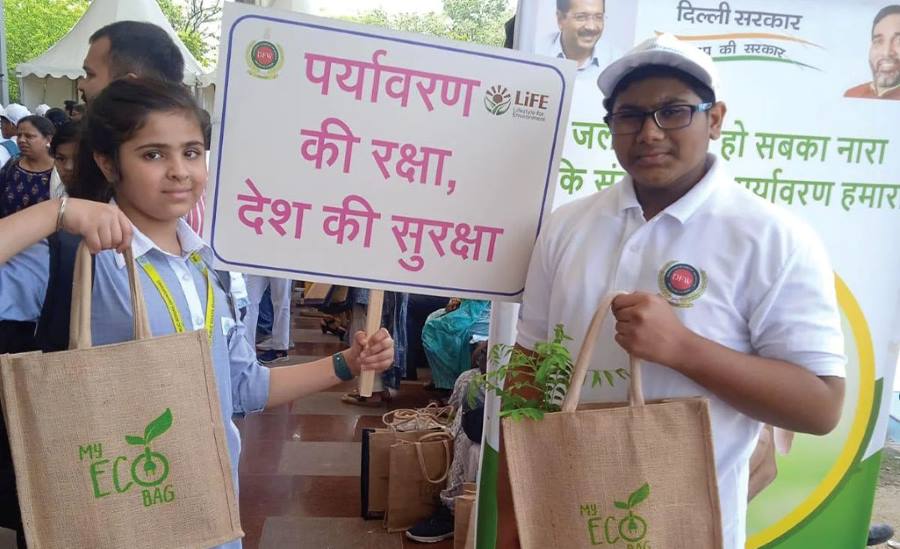
Interact stands for International Action. It is a kind of junior Rotary Club for young people between the ages of 12 and 18. All Interact

Beyond borders and differences: an education that connects all and expands horizons, bringing people and nations together through education, culture and science with an endeavour

Sectorial data estimates that 240 million children worldwide have some form of disability. Much like their peers, children with disabilities have aspirations about their future.
If you wish to get your CSR work highlighted, please submit it through the following form:
























